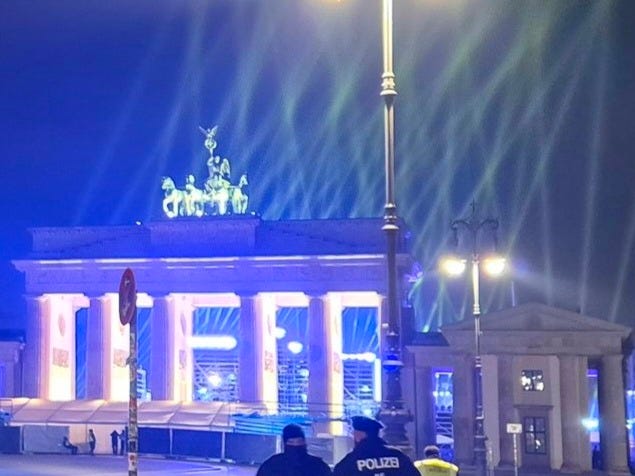35 Years Down: What Remains of the Berlin Wall?
Yesterday was 9 November 2024. On 9 November 1989, exactly 35 earlier, the Berlin Wall fell. There were many ways I could have spent this important anniversary of a day that not only marked the end of German division but also the end of a chapter in every East German’s life, including my own.
Anniversaries are good for that. They give people cause to stop for a moment and reflect. What impact did an event have on history? Was my own life touched by this? How would I like the next generation to remember it?
In Germany, these sorts of questions have a tendency to become supercharged. Take the discussions around the building of a memorial in Berlin to commemorate the events of 1989 and German reunification in 1990. Various ideas have been discussed since 1998. To date, the planned ‘Monument to Freedom and Unity’ has not been built.
Discussions around the place, nature, materials and message of such a memorial are taken extremely seriously and are accompanied by heated debates. In the end, an idea won that some have dubbed the ‘Unity Seesaw’, a giant platform that can be lowered to one side or the other by getting enough people to stand on it. The idea is that change can happen if everyone works together.
But never mind permanent memorials – even the celebrations for the 35 anniversary of the Berlin Wall weren’t easy to organise. In the end, I decided to contribute something by adding a debate about memory culture to a publication issued by the city of Berlin this weekend. I argued over GDR memory and history with novelist Anne Rabe and the conversation was captured and printed as once part of a collection of different views and perspectives.
Terry Pratchett once said: “It's useful to go out of this world and see it from the perspective of another one.” There is a lot of truth in that.
I chose to spend the day itself away from the heavy German memory debates and instead wandered the streets of Berlin with a group of British, American and Portuguese history enthusiasts keen to learn more about the GDR and the Wall. I’ve long argued that internationalising German history (and any other history really) brings a sense of perspective to the table. I don’t think it’s a coincidence that Germany opted to nominate a British architect – Norman Foster – to design the restoration of the Reichstag building, Germany’s parliament in the 1990s.
Keep reading with a 7-day free trial
Subscribe to ZEITGEIST to keep reading this post and get 7 days of free access to the full post archives.


